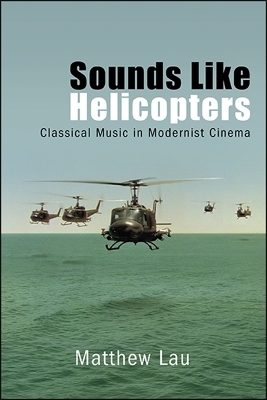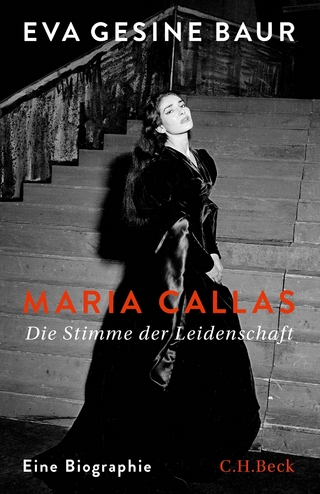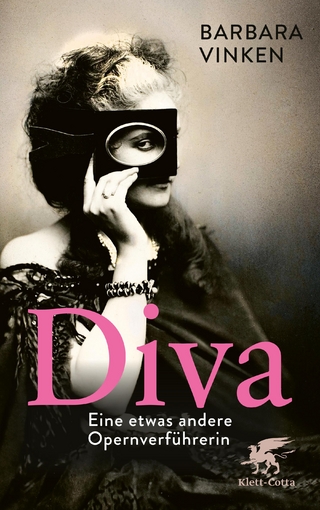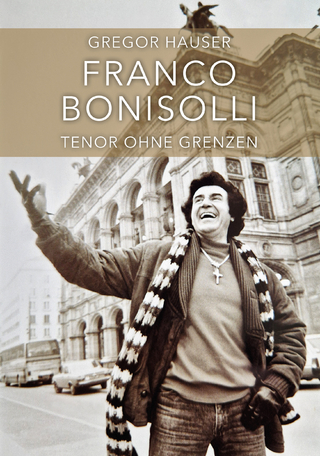
Sounds Like Helicopters
Classical Music in Modernist Cinema
Seiten
2019
State University of New York Press (Verlag)
978-1-4384-7631-5 (ISBN)
State University of New York Press (Verlag)
978-1-4384-7631-5 (ISBN)
Explores how modernist films use classical music in ways that restore the music’s original subversive energy.
Classical music masterworks have long played a key supporting role in the movies—silent films were often accompanied by a pianist or even a full orchestra playing classical or theatrical repertory music—yet the complexity of this role has thus far been underappreciated. Sounds Like Helicopters corrects this oversight through close interpretations of classical music works in key modernist films by Francis Ford Coppola, Werner Herzog, Luis Buñuel, Stanley Kubrick, Jean-Luc Godard, Michael Haneke, and Terrence Malick. Beginning with the famous example of Wagner's "Ride of the Valkyries" in Apocalypse Now, Matthew Lau demonstrates that there is a significant continuity between classical music and modernist cinema that belies their seemingly ironic juxtaposition. Though often regarded as a stuffy, conservative art form, classical music has a venerable avant-garde tradition, and key films by important directors show that modernist cinema restores the original subversive energy of these classical masterworks. These films, Lau argues, remind us of what this music sounded like when it was still new and difficult; they remind us that great music remains new music. The pattern of reliance on classical music by modernist directors suggests it is not enough to watch modernist cinema: one must listen to its music to sense its prehistory, its history, and its obscure, prophetic future.
Classical music masterworks have long played a key supporting role in the movies—silent films were often accompanied by a pianist or even a full orchestra playing classical or theatrical repertory music—yet the complexity of this role has thus far been underappreciated. Sounds Like Helicopters corrects this oversight through close interpretations of classical music works in key modernist films by Francis Ford Coppola, Werner Herzog, Luis Buñuel, Stanley Kubrick, Jean-Luc Godard, Michael Haneke, and Terrence Malick. Beginning with the famous example of Wagner's "Ride of the Valkyries" in Apocalypse Now, Matthew Lau demonstrates that there is a significant continuity between classical music and modernist cinema that belies their seemingly ironic juxtaposition. Though often regarded as a stuffy, conservative art form, classical music has a venerable avant-garde tradition, and key films by important directors show that modernist cinema restores the original subversive energy of these classical masterworks. These films, Lau argues, remind us of what this music sounded like when it was still new and difficult; they remind us that great music remains new music. The pattern of reliance on classical music by modernist directors suggests it is not enough to watch modernist cinema: one must listen to its music to sense its prehistory, its history, and its obscure, prophetic future.
Matthew Lau is Associate Professor of English at Queensborough Community College, City University of New York.
Illustrations
Acknowledgments
Introduction: A Fundamental Continuity
1. What Happens to an Apocalypse Deferred: Coppola, Herzog, and Schwarzenegger as Readers of
Wagner’s Ring
2. The Imperfect Wagnerite: Luis Buñuel and Romantic Surrealism
3. “A Film Should Be Like Music”: Stanley Kubrick and the Condition of Music
4. Too Soon, Too Late, and Still to Come: Jean-Luc Godard and the Ruins of Classical Music
5. Before a Winter’s Journey: Michael Haneke’s Critique of Film Music in The Piano Teacher
Conclusion: Modernist Cinema’s Family Tree
Notes
Works Cited
Index
| Erscheinungsdatum | 05.10.2019 |
|---|---|
| Reihe/Serie | SUNY series, Horizons of Cinema |
| Zusatzinfo | Total Illustrations: 22 |
| Verlagsort | Albany, NY |
| Sprache | englisch |
| Maße | 152 x 229 mm |
| Gewicht | 227 g |
| Themenwelt | Kunst / Musik / Theater ► Film / TV |
| Kunst / Musik / Theater ► Musik ► Klassik / Oper / Musical | |
| Sozialwissenschaften ► Kommunikation / Medien ► Medienwissenschaft | |
| ISBN-10 | 1-4384-7631-0 / 1438476310 |
| ISBN-13 | 978-1-4384-7631-5 / 9781438476315 |
| Zustand | Neuware |
| Haben Sie eine Frage zum Produkt? |
Mehr entdecken
aus dem Bereich
aus dem Bereich


